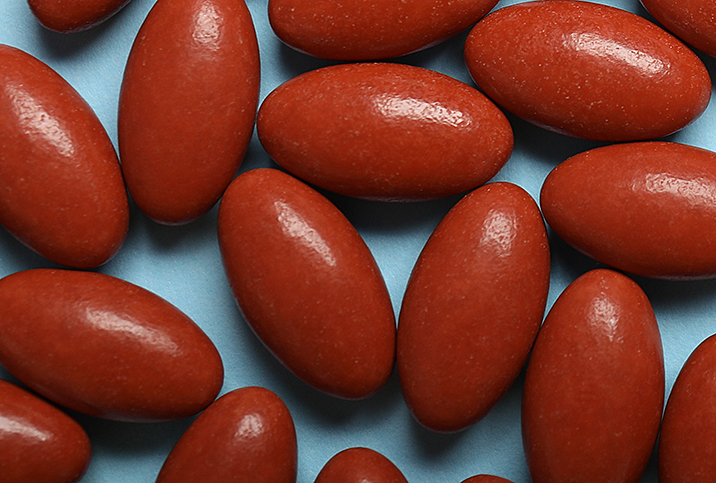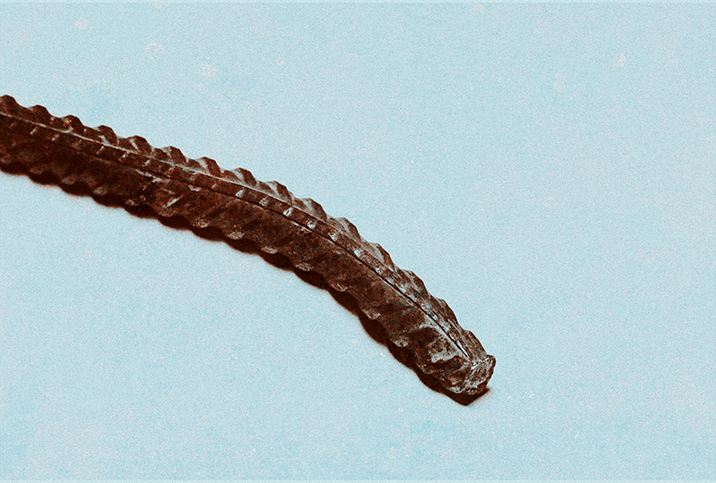Can Low Iron Cause Erectile Dysfunction?

Some of the primary causes of erectile dysfunction (ED) include age, health condition, injuries, medications and psychological factors. Health conditions that cause ED range from severe issues such as prostate cancer to less severe issues such as iron deficiency.
Too much or too little iron in your body can lead to ED.
"Too much iron can cause both loss of sex drive in men as well as impotence," said Paul Thompson, M.D., a urologist and the president of the Thompson Clinic in Fort Worth, Texas. "Too little iron can cause low blood cell count and fatigue, which can then cause ED in men. Eventually, too much iron can lead to hypogonadism and infertility as well as ED."
Iron is a key nutrient to help people grow, develop and produce certain hormones. Iron is a type of protein in red blood cells that carries oxygen (hemoglobin) from the lungs to the rest of the body. Without enough iron, you won't have enough oxygen to fuel yourself. In turn, this may leave you feeling tired and out of breath.
Iron deficiency, or anemia, can cause developmental delays in children, whereas too much iron can cause diabetes, liver disease and heart problems. Like most things in life, iron is good in moderation.
Thus, it's pretty clear iron contributes in important ways to a body's proper functioning. For men, this includes the process of erections, or the problem of erectile dysfunction.
Low iron levels can cause anemia
Anemia can develop in a couple of different ways. It could be a genetic condition present at birth; basically, a parent passes down an iron deficiency. More common reasons have to do with a person's diet and blood loss. For example, menstruation and pregnancy can cause the loss of red blood cells. That's why many women take iron pills and vitamin B12, because they don't get enough of it naturally through their diet.
Iron deficiency affects men differently. It's a prominent player in sexual dysfunction, both erectile and ejaculatory issues, according to a 2018 review in the journal Current Urology Reports.
"Iron is critical for erectile function because it is an integral part of a target molecule in the erection cascade called guanylate cyclase," said Denise Asafu-Adjei, M.D., an assistant professor and the medical director of male reproductive medicine at Loyola University Chicago Stritch School of Medicine. "In men who are iron deficient, this molecule is less responsive in the signaling cascade for erections. This leads to poor relaxation of the major arteries in the penis that are responsible for erections."
Low iron leads to fewer blood red cells, which leads to fatigue, which can inhibit a male's ability to become erect. Tiredness, in general, is a common cause of ED, whether you have another medical condition or not. So getting enough sleep is a fast way to alleviate ED if you're experiencing fatigue not caused by an underlying medical problem.
How to treat an iron deficiency
Thankfully, anemia is treatable. However, treatment may be determined based on the cause and severity of your condition. Some people might need iron supplements or pills. Others may be directed to eat more foods that are high in iron and provide vitamins B12, B9 and C.
"The recommended daily allowance of iron for adolescent and adult men is 8 milligrams," Asafu-Adjei said.
Some people with more serious underlying medical conditions may undergo an iron IV infusion or a transfusion of red blood cells.
Too much iron: hemochromatosis may also cause erectile dysfunction
Hemochromatosis, known as iron overload, is a genetic condition and the primary cause of high iron levels in men. Secondary hemochromatosis, conversely, can be caused by certain medical treatments and conditions, such as prolonged kidney dialysis and blood transfusions, and has the same effect on men as primary hemochromatosis. This condition can lead to damage to the pituitary gland and the testicles, which can lead to ED.
You can't prevent hereditary hemochromatosis, but treatment can slow it down. Typically, your intestines can absorb enough iron from the food you eat. But men with hemochromatosis absorb extra iron unnecessary for bodily functions and unhealthily store iron in the organs. For example, if iron is stored in the pituitary gland, it can cause problems with the reproductive system, including the penis and its sexual function.
"It's estimated that the average American male consumes 10 to 15 times more iron than is needed," said Robert Caruso, M.D., a urologist at Clara Maass Medical Center in Belleville, New Jersey. "What's less clear is how, if at all, these levels of dietary iron intake are contributing to low testosterone and erectile dysfunction."
Still, he said it's prudent for men who have an iron condition to limit their iron intake.
How to treat high iron levels
To treat hemochromatosis and reduce your iron levels, doctors can regularly remove blood from your body in a procedure known as phlebotomy. Results from such treatment could take a few weeks to a few years, depending on how high your iron levels are at the start of treatment. When iron levels stabilize, men still need phlebotomy three to four times a year, which is more often than women.
People with hemochromatosis should also avoid foods high in iron.


















